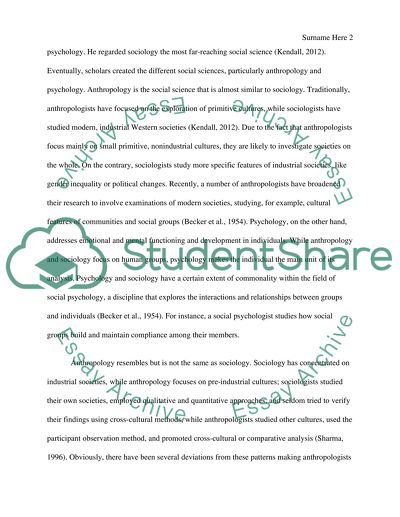Cite this document
(“What are the advantages of applying a multidisciplinary perspective to Essay”, n.d.)
What are the advantages of applying a multidisciplinary perspective to Essay. Retrieved from https://studentshare.org/sociology/1630547-what-are-the-advantages-of-applying-a-multidisciplinary-perspective-to-analysis-of-complex-events-discuss-with-reference-to-the-topics-of-climate-change-nationalism-and-cold-war
What are the advantages of applying a multidisciplinary perspective to Essay. Retrieved from https://studentshare.org/sociology/1630547-what-are-the-advantages-of-applying-a-multidisciplinary-perspective-to-analysis-of-complex-events-discuss-with-reference-to-the-topics-of-climate-change-nationalism-and-cold-war
(What Are the Advantages of Applying a Multidisciplinary Perspective to Essay)
What Are the Advantages of Applying a Multidisciplinary Perspective to Essay. https://studentshare.org/sociology/1630547-what-are-the-advantages-of-applying-a-multidisciplinary-perspective-to-analysis-of-complex-events-discuss-with-reference-to-the-topics-of-climate-change-nationalism-and-cold-war.
What Are the Advantages of Applying a Multidisciplinary Perspective to Essay. https://studentshare.org/sociology/1630547-what-are-the-advantages-of-applying-a-multidisciplinary-perspective-to-analysis-of-complex-events-discuss-with-reference-to-the-topics-of-climate-change-nationalism-and-cold-war.
“What Are the Advantages of Applying a Multidisciplinary Perspective to Essay”, n.d. https://studentshare.org/sociology/1630547-what-are-the-advantages-of-applying-a-multidisciplinary-perspective-to-analysis-of-complex-events-discuss-with-reference-to-the-topics-of-climate-change-nationalism-and-cold-war.


